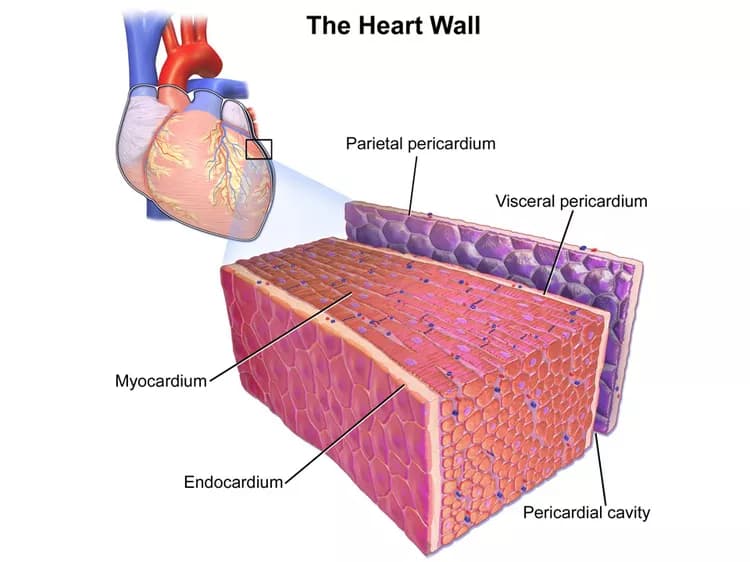
Mental Stress-induced Constricted Blood Vessels More Likely In Women
In women with heart disease, constriction of peripheral vessels during mental stress affects the heart circulation more than men's, potentially raising women's risk of heart-related events and death, according to new research in Arteriosclerosis, Thrombosis and Vascular Biology, an American Heart Association journal.
In most people, mental stress causes peripheral vessels to constrict. In people with heart disease, this effect can cause a reduction in blood supply to the heart muscle called "ischemia."
"This research is important because previous studies have shown that a reduction in blood supply to the heart (ischemia) during mental stress doubles the risk of heart attack or death from heart disease," said Viola Vaccarino, M.D., Ph.D., senior author of the study and professor of epidemiology and medicine at Emory University's Rollins School of Public Health in Atlanta, Georgia. "This increased risk of adverse cardiovascular events is about the same level as that seen in people who develop reduced blood flow in the heart muscle during a conventional test, such as a treadmill stress test."
In the Mental Stress Ischemia Mechanisms Prognosis study, 678 adults (average age 63) with heart disease delivered a speech while researchers measured their blood pressure and heart rate, took imaging pictures of their hearts and measured the constriction of tiny arteries supplying blood in their fingers.
Previously, researchers found that stress-induced reduced blood supply to the heart happened more often in women under age 50 than in men and older women. In this new analysis from the same study, the researchers found:
- Reduced blood supply to the heart during mental stress in women was mostly influenced by the constriction of tiny peripheral blood vessels in reaction to mental stress, which can cause an increase in afterload, the force the heart must exert to pump blood out of the heart.
- Reduced blood supply to the heart during mental stress in men was mostly due to a rise in blood pressure and heart rate during mental stress, which increased the workload on the heart.
"Our findings in the peripheral circulation also could reflect what occurs in the arteries in the heart. Instead of dilating and increasing blood flow to the heart during stress, in women the tiny blood vessels are constricted, leading to areas of reduced blood flow," said Vaccarino, who is also chair of the department of epidemiology at the Emory University School of Public Health. "Constriction of peripheral vessels can also induce ischemia in the heart indirectly, because the heart has to pump against increased resistance."
For people with heart disease, these results emphasize the importance of finding ways to reduce psychological stress and its potential impact on the body, researchers said.
"Women with heart disease need to know that they may be vulnerable to the effects of mental stress and think about ways to protect their hearts, such as relaxation techniques and physical exercise," Vaccarino said.
Health professionals treating people with heart disease need to pay attention to the burden of mental stress on their patients, particularly women.
"The psychosocial sphere doesn't receive a lot of attention during current clinical practice, but it is very important to advise both women and men with heart disease about interventions to reduce stress, and to refer them to other professionals if they need help with depression or anxiety," Vaccarino said.
Gender differences in the impact of stress on the cardiovascular system detected in this study emphasize the importance of including enough women in all studies of heart disease so that their results can be analyzed separately.
However, this study could not tell whether the unhealthy reaction to mental stress in these participants eventually translated into greater numbers of heart attacks or other indicators of worsening heart disease. This is the objective of the team's future research.
Related Articles
Test Your Knowledge
Asked by users
Related Centers
Related Specialties
Related Physicians
Related Procedures
Related Resources
Join DoveHubs
and connect with fellow professionals

0 Comments
Please log in to post a comment.